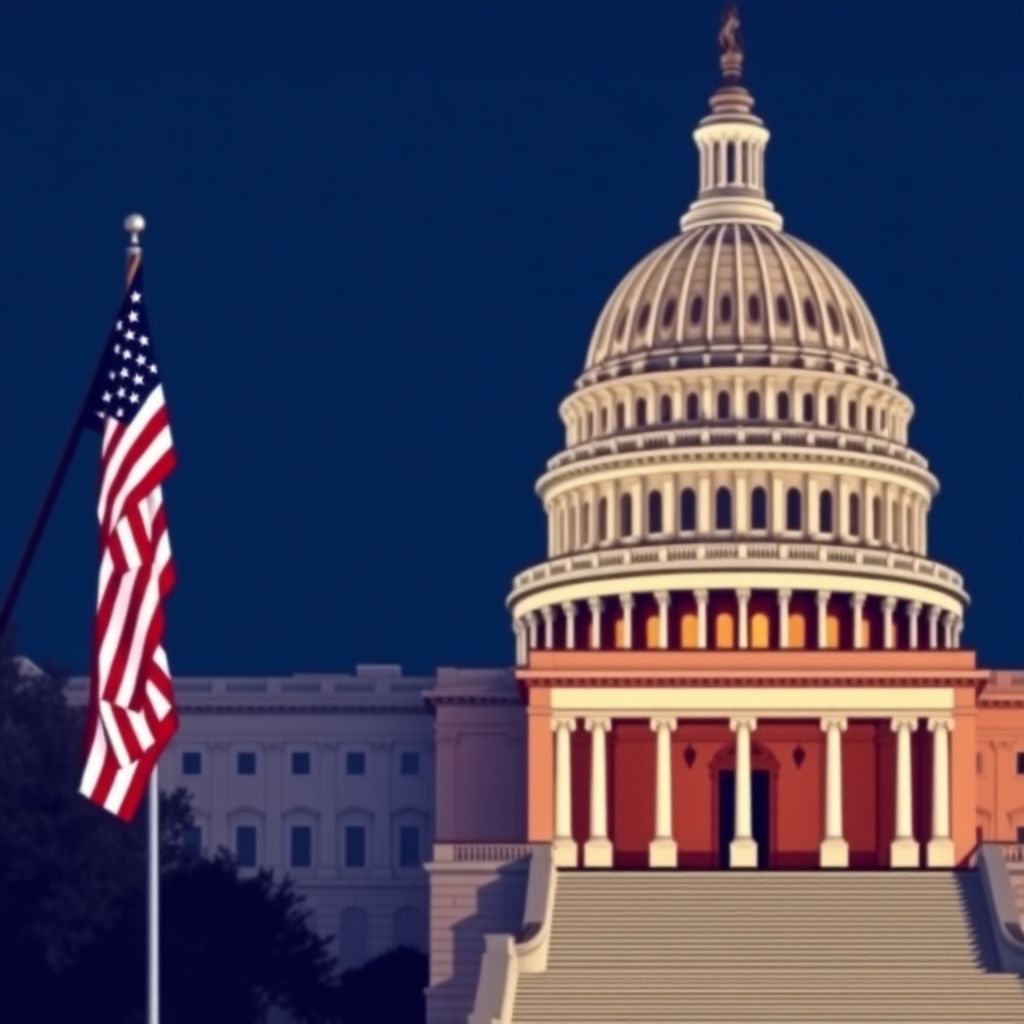Lawmakers Push Forward on Crypto Regulation Amid Government Shutdown
As the U.S. government shutdown stretches into its 30th day with no resolution in sight, lawmakers are continuing efforts to advance legislation that would establish a regulatory framework for digital assets. Despite the widespread furlough of federal workers, members of Congress remain active, receiving their salaries and pursuing legislative duties — including pushing forward with crypto market structure reforms.
According to recent reports, Republican senators, many of whom hold leadership roles on influential committees, are determined to meet their self-imposed deadline to pass comprehensive crypto regulation by the end of the year. This determination comes despite the paralysis affecting many other areas of government due to the shutdown.
Senator John Boozman, who chairs the Senate Agriculture Committee, confirmed that bipartisan negotiations with Democratic colleagues are underway. He indicated that a draft of the bill addressing market structure for digital assets could be released “very, very soon,” with long-term plans to ensure it becomes law by 2026.
Meanwhile, the Senate Banking Committee, another key body required to approve the legislation, has also resumed bipartisan discussions. Lawmakers on the committee are reportedly optimistic that a compromise could be reached within weeks, potentially leading to a formal announcement and legislative consideration shortly thereafter.
These efforts build upon the earlier passage of the CLARITY Act in the House of Representatives, which occurred in July during the Republicans’ so-called “crypto week.” Senate Republicans pledged to expand upon that bill by introducing a more comprehensive legislative package titled the Responsible Financial Innovation Act — an initiative aimed at clarifying the U.S. regulatory environment for cryptocurrencies and other digital assets.
Among the most vocal supporters of the bill is Senator Cynthia Lummis of Wyoming. In August, she expressed hope that the Agriculture Committee would evaluate the legislation by the end of September, followed by a review from the Banking Committee in October. However, the prolonged shutdown has disrupted this expected timeline, and those milestones have now slipped.
Despite the delays, momentum behind the legislation appears to be growing. Coinbase CEO Brian Armstrong recently visited Capitol Hill, where he reported that senators were making “good progress” and had aligned on approximately 90% of the contentious issues related to the legislation. Armstrong’s visit underscores the increasing pressure from the private sector for regulatory clarity, as companies seek a stable framework for innovation and compliance.
The push for a clear market structure comes at a time when the crypto industry is evolving rapidly, and the absence of federal guidelines has led to conflicting interpretations and enforcement actions across various agencies. The proposed legislation aims to define the roles of the Commodity Futures Trading Commission (CFTC) and the Securities and Exchange Commission (SEC), clarify which digital assets fall under their jurisdictions, and create a pathway for firms to operate with legal certainty.
The Responsible Financial Innovation Act is expected to address several core areas: consumer protection, anti-money laundering provisions, custody standards, tax reporting requirements, and the classification of different types of tokens. By providing a unified set of rules, lawmakers hope to foster innovation while ensuring market integrity and investor safety.
In addition to legislative efforts, there’s a growing consensus in Washington that the U.S. risks falling behind other jurisdictions if it fails to act. Countries like the United Kingdom, the European Union, and Singapore have already introduced comprehensive digital asset regulations, making them more attractive destinations for crypto businesses. U.S. lawmakers are increasingly aware that regulatory inaction could drive talent and capital offshore.
Furthermore, with the rise of decentralized finance (DeFi) and the growing popularity of stablecoins, the urgency to regulate the sector has intensified. The proposed bill is expected to outline how these innovations should be monitored, particularly in terms of systemic risk and financial stability.
Another key focus of the legislation is investor education and transparency. Lawmakers are pushing for standards that would require crypto firms to disclose risks openly and provide accurate information about their products and services. These measures aim to protect retail investors who may not fully understand the complexities of digital assets.
The broader political climate will also play a role in whether the bill progresses swiftly. With the 2024 presidential election season approaching, lawmakers may prioritize visible legislative victories. Passing a bipartisan crypto regulation package could offer both parties an opportunity to showcase their commitment to innovation and economic competitiveness.
If successful, the bill would represent the most significant federal action to date in regulating the digital asset space. It would also set a precedent for how emerging technologies are treated under U.S. law, potentially influencing policy on artificial intelligence, blockchain-based voting systems, and tokenized securities in the future.
While the ongoing shutdown presents logistical and political challenges, the continued work on crypto legislation signals that lawmakers view the issue as too critical to delay. Whether or not the bill is passed before the end of the year, the groundwork being laid now could shape America’s digital economy for years to come.

